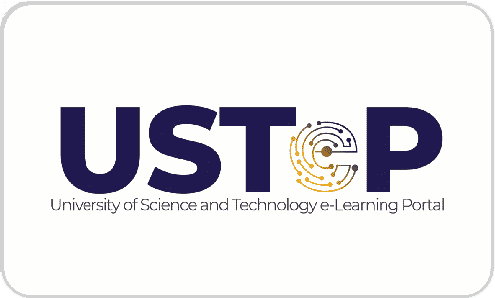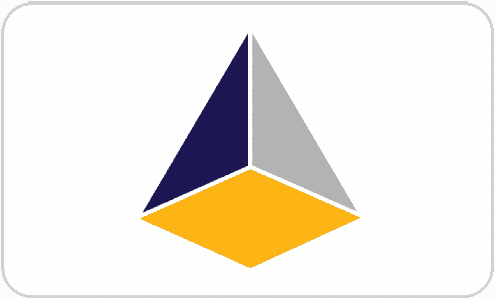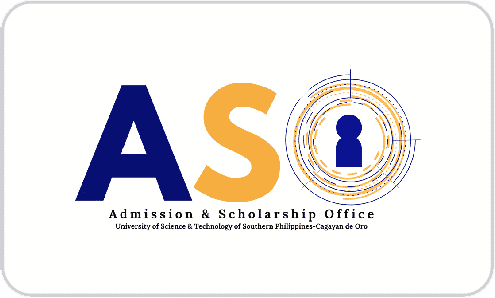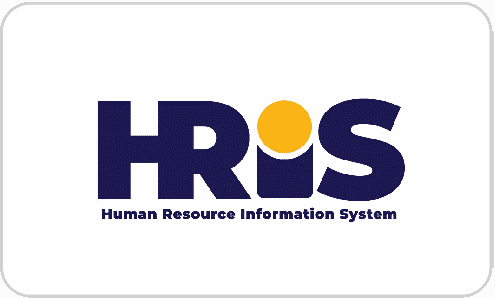MODALITY OF CLASSES
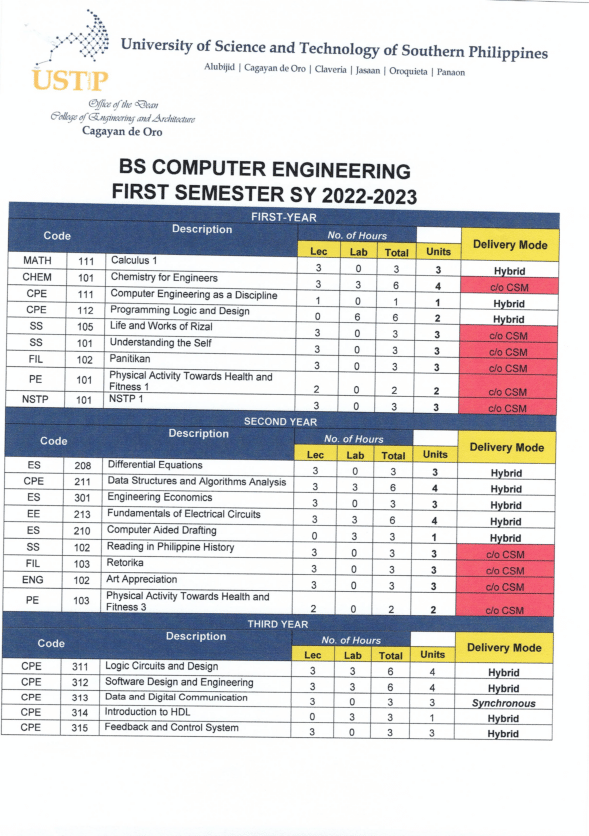
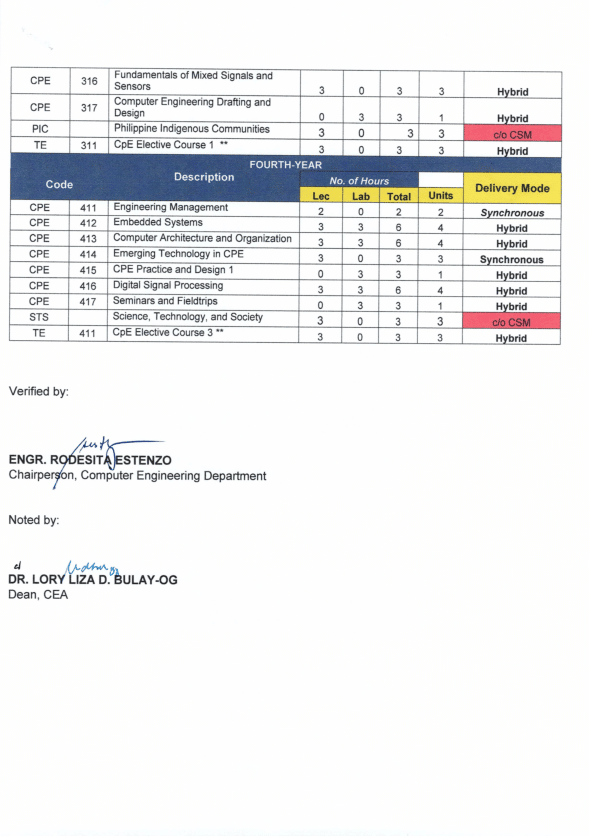
ABOUT THE PROGRAM
The Bachelor of Science in Computer Engineering (BSCpE) is an integration of Electrical Engineering and Computer Science in which it consists of both hardware and software. It is a program that embodies the science and technology of design, development, implementation, maintenance, and integration of software and hardware components in modern computing systems and computer-controlled equipment.
Computer Engineering programs usually include Mathematics, Science, Computer Programming, Circuit Design, Computer Architecture, Embedded System, Digital Signal Processing, Network System, and Artificial Intelligence. Besides that, analytical skills, critical thinking, problem-solving, and strong communication skills are needed to be part in this program. Though, Computer Engineering program is not limited to the operating of computer systems but is aimed to design more comprehensive technological solutions.
PROGRAM OUTCOMES
a.) Apply knowledge of mathematics, sciences, and engineering fundamentals to solve complex computer engineering problems.
b.) Identify, formulate, and research literature and analyses of complex computer engineering problems applying the principles of mathematics, sciences and engineering fundamentals.
c.) Design and conduct experiments, gather data, analyze and interpret results for investigating complex computer engineering problems.
d.) Design a complex computer-based system, process, device or product under realistic constraints and conditions to meet the desired result.
e.) Apply and demonstrate skills in designing, developing and innovating computer-based systems for sustainable development and technopreneurship.
f.) Create, select and apply appropriate techniques, skills, resources and modern computing tools necessary for computer engineering practice.
g.) Function effectively as an individual, and as a member or leader in diverse teams and in multi-disciplinary settings.
h.) Communicate effectively in both verbal and non-verbal to deliver complex engineering activities to diverse audience; give and receive clear and intelligible instructions.
i.) Apply reasoning informed by contextual knowledge to understand the impact of engineering solutions in a global, economic, environmental and societal context.
j.) Knowledge to assess societal, health, safety, legal, cultural and contemporary issues and consequent responsibilities relevant to computer engineering practice.
k.) Consciousness to behave according to ethical principles and professional and ethical responsibilities and norms of computer engineering practice.
l.) Recognize the need for, and have the preparation and ability to engage in independent life–long learning and to keep current of the development in a specific field of specialization.
m.) Participate in generation of new knowledge or in research and development projects
aligned to local and national development agenda.
n.) Preserve and promote Filipino and historical and cultural heritage.
PROGRAM EDUCATIONAL OBJECTIVES
After three (3) to five (5) years, the graduates of BSCpE of USTP are:
1. Competent to contribute to the advancement of technologies in industries and to engage in professional practices by applying advance computer engineering knowledge and skills;
2. Professional practitioners able to engage in leading-edge research, extension and technology solutions to global challenges that can support national development, which necessarily includes computer-based system in food security and energy sufficiency and the likes;
3. Effective to engage in successful technopreneurship endeavors and maximize business potential through design and integration of intelligent system, computer-based systems and networks from product conceptualization to commercialization; thereby contributing to the growth of the national economy;
CAREER OPPORTUNITIES
- Computer Hardware Engineer
- Robotics Engineer/ Technologist
- Computer Systems Engineer
- Test Engineer
- Software Engineer
- University Professor
- Circuit Designer
- Quality Assurance Engineer
- PCB Designer
- User Interface Designer
- Cyber Security Specialist
- Technical Sales Engineer
- Database Administrator
- IT Analyst
- Embedded Software Engineer
- Application Analyst
- Computer Programmer
- Automation Engineer
- Information Systems Designer
- Manager
- Entrepreneur
- Computer Scientist
- Network Engineer
- Production Engineer
- Product Engineer
- Research Engineer


